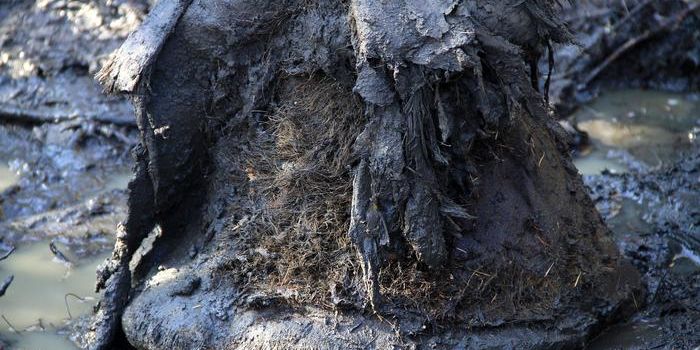Radio Tracking Could Help Control Asian Hornet Populations in the UK
Asian hornets have become a significant problem in the United Kingdom. These pesky insects feast on honeybees and other vital pollinating insects, and their invasive qualities levy adverse side-effects on the entire ecosystem around them.
But that aside, researchers with the University of Exeter are actively testing something that could be used to control Asian hornet populations: tiny radio tags.
Image Credit: Peter Kennedy
Reporting in the journal Communications Biology, the researchers note how these so-called radio tags can be used to trace Asian hornets back to their nesting sites – including several that were previously unknown.
The researchers tested some of the smallest radio tags available to the public by attaching them to wild Asian hornets with sewing thread. It wasn’t long before the hornets carried the tags away with them, enabling the researchers to track their movements in real time.
Related: Honeybees might be making a comeback in the U.S.
"Our new method of tracking offers a really important new tool to tackle the spread of this invader, providing an efficient means of finding hornets' nests in urban, rural and wooded environments," explained study lead author Dr. Peter Kennedy, from the University of Exeter’s Environment and Sustainability Institute.
"It is vital to find the nests early in the season to prevent the hornet spreading, as later in the year hundreds of new queens emerge and disperse from each nest, each with the potential to make new nests," added study co-author Prof. Juliet Osborne.
Related: Can we save the bees?
The findings demonstrate a potential method for seeking and destroying Asian hornet nests to control populations of these invasive insects, a move that could theoretically save honeybees and other vital pollinators that are also suffering from a slew of other environmental hazards such as habitat loss, parasites, and pesticides, to name a few.
If these radio tags can be deployed on a much larger scale, then it’s a big win for conservation. These efforts ignite hope for protecting the U.K.’s vital pollinators, which could benefit the surrounding ecosystem in innumerable ways.
It should be interesting to see whether the technology gains traction or if conservationists will find another method to achieve the same goals.
Source: University of Exeter









